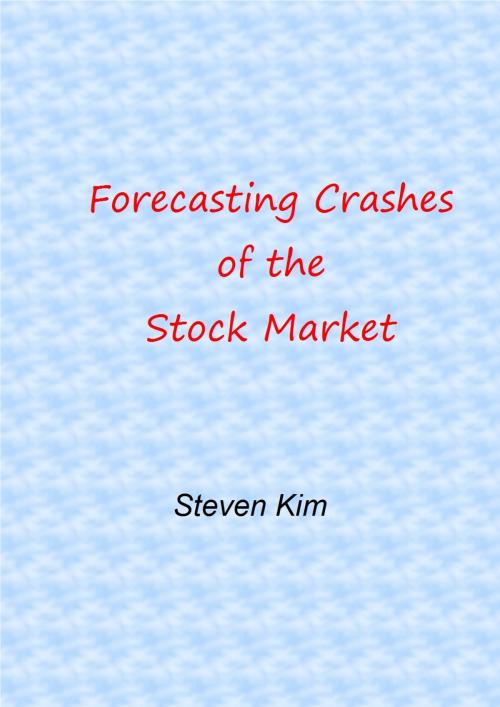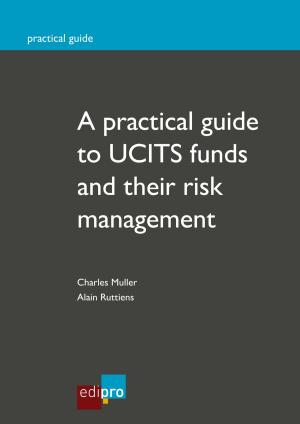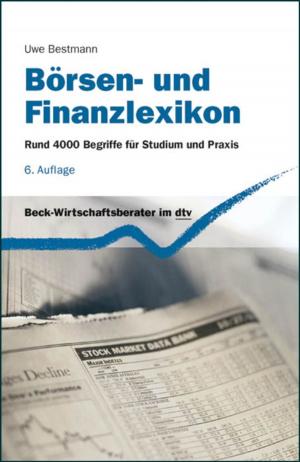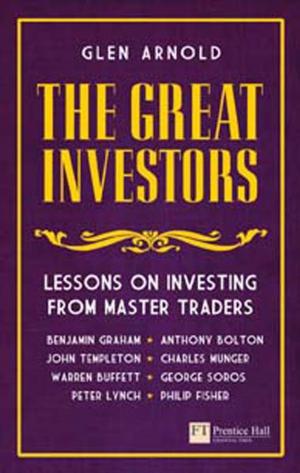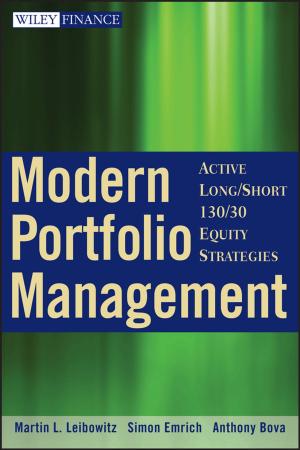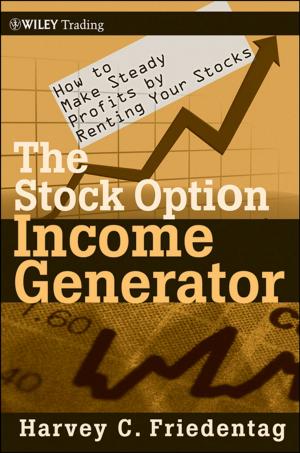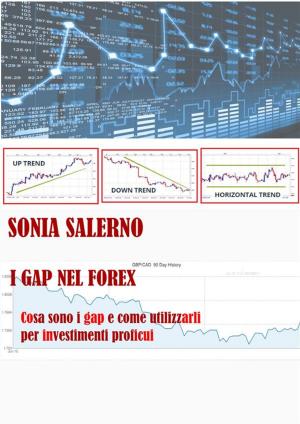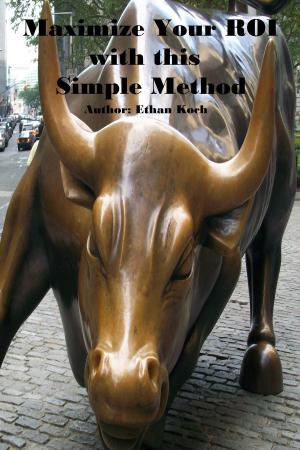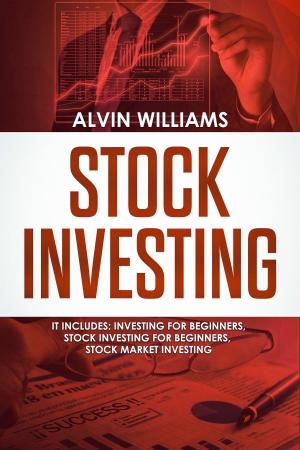Forecasting Crashes of the Stock Market
Business & Finance, Finance & Investing, Investments & Securities| Author: | Steven Kim | ISBN: | 9781476357461 |
| Publisher: | Steven Kim | Publication: | May 13, 2012 |
| Imprint: | Smashwords Edition | Language: | English |
| Author: | Steven Kim |
| ISBN: | 9781476357461 |
| Publisher: | Steven Kim |
| Publication: | May 13, 2012 |
| Imprint: | Smashwords Edition |
| Language: | English |
The stock market can crash whether or not a bubble exists. An exemplar was the smackdown of 2011 which cropped up in sync with the long-range pattern of flops but otherwise without any good reason.
The pointless breakdown had one positive outcome. Due to the confirmation of the running sequence of crackups, the schedule of flaps appeared to be back on track in spite of the partial derailing linked to financial crisis of 2008.
For the wordly investor, the main event of 2011 was the crash of the stock market in the U.S. and elsewhere, along with the bedlam in kindred fields such as commodities and currencies. As is often the case, the mayhem caused by the participants in the arena – be they part-time amateurs or full-time professionals – was for the most part a premature and avoidable ordeal for the entire community.
The teardown of the markets was prompted by the specter of a full-blown recession in the global economy in short order. One reason for the jitters stemmed from the fitful progress of the industrial nations such as the United States, Britain and Japan. Another factor lay in the brouhaha over the debt crisis in Europe, along with widespread fears of a breakup of the euro plus the collapse of the regional economy.
For a number of years, the politicians in the developed world had been going out of their way to prop up the distortions in the marketplace that arose during the run-up to the financial crisis of 2008. Instead of prolonging the malady, the politicos ought to have left the economy alone to heal itself. Better yet, public policy could have helped to undo the damage done throughout the entire meshwork of production and distribution. Thanks to the counterproductive moves of the pols, however, the economy was doomed to struggle and flail for many years to come.
On a positive note, the crash of the stock market in 2011 popped up in tune with the long-running schedule of meltdowns. As a result, the sequence of bombshells appeared to be back on track despite the partial derailing linked to financial crisis of 2008. As things stood, the next crackup of the bourse was likely to occur around 2017 in line with the ongoing chain of flaps in the modern era.
The stock market can crash whether or not a bubble exists. An exemplar was the smackdown of 2011 which cropped up in sync with the long-range pattern of flops but otherwise without any good reason.
The pointless breakdown had one positive outcome. Due to the confirmation of the running sequence of crackups, the schedule of flaps appeared to be back on track in spite of the partial derailing linked to financial crisis of 2008.
For the wordly investor, the main event of 2011 was the crash of the stock market in the U.S. and elsewhere, along with the bedlam in kindred fields such as commodities and currencies. As is often the case, the mayhem caused by the participants in the arena – be they part-time amateurs or full-time professionals – was for the most part a premature and avoidable ordeal for the entire community.
The teardown of the markets was prompted by the specter of a full-blown recession in the global economy in short order. One reason for the jitters stemmed from the fitful progress of the industrial nations such as the United States, Britain and Japan. Another factor lay in the brouhaha over the debt crisis in Europe, along with widespread fears of a breakup of the euro plus the collapse of the regional economy.
For a number of years, the politicians in the developed world had been going out of their way to prop up the distortions in the marketplace that arose during the run-up to the financial crisis of 2008. Instead of prolonging the malady, the politicos ought to have left the economy alone to heal itself. Better yet, public policy could have helped to undo the damage done throughout the entire meshwork of production and distribution. Thanks to the counterproductive moves of the pols, however, the economy was doomed to struggle and flail for many years to come.
On a positive note, the crash of the stock market in 2011 popped up in tune with the long-running schedule of meltdowns. As a result, the sequence of bombshells appeared to be back on track despite the partial derailing linked to financial crisis of 2008. As things stood, the next crackup of the bourse was likely to occur around 2017 in line with the ongoing chain of flaps in the modern era.
